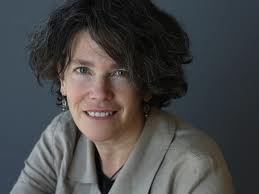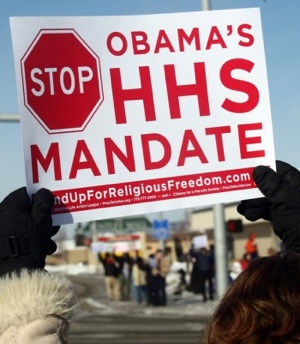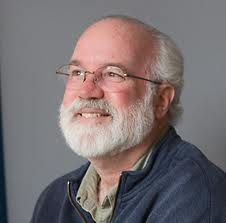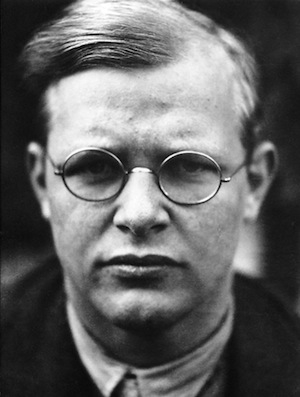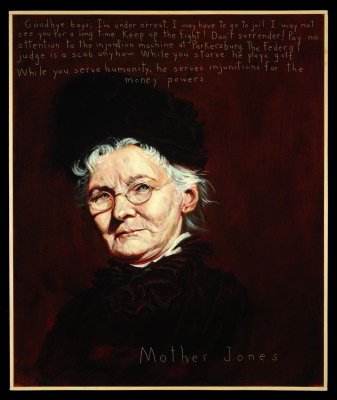Americans have a fraught relationship with leisure, as might be gleaned from two stories that spilled through a news cycle recently. Over the Fourth of July weekend, the press reported that the Obamas have decided to spare us the annual debate over their summer excursion to well-heeled Martha’s Vineyard by skipping the trip this year. Meanwhile, the Romney clan spent a full week jet skiing and speed boating along the family’s sprawling compound in New Hampshire. The president’s politically calculated move was seen as prudent at a time of voter distress over the economy; the Romneys were chided for having a bit too much fun in the waters of Lake Winnipesaukee.
We the people are ambivalent about leisure, and not just when it comes to our leaders decamping to privileged havens. Throughout our history we have often viewed leisure with suspicion, as a form of idleness or a flight from responsibility. Maybe that’s why there’s an unmistakable quality of busyness in our leisure, a feeling of urgency and determination.
As the writer and architect Witold Rybczynski noted in his landmark 1991 book, Waiting for the Weekend, people used to “play” tennis, but now they “work” on their backhands. He and many other commentators have noted that leisure has become unleisurely in this and many other respects. Or perhaps it was always so in a country molded (in some salutary ways) by the Protestant work ethic.
On this particular score, I’ll take G.K. Chesterton over Luther or Calvin. The English Catholic writer pointed out that leisure is not just the liberty to do something. More profoundly, he said (as cited by Rybczynski): “Leisure is being allowed to do nothing.” Chesterton also once quipped, “If a thing is worth doing, it is worth doing badly.” He was extolling the pointless pursuit of play.
Of course many people are leisure-deprived. Well before the economic crisis, average Americans were working longer hours just to stay afloat or hold their ground; couples were pressed into what has become the 90-hour family workweek. As for the jobless, they’re not exactly enjoying an extended vacation. That is, unless you agree with those wooly-headed economists who regard unemployment as voluntary and thus a form of leisure.
Still, even if everyone were blessed with livable wages and adequate free time, we’d still have a leisure problem, at least according to a noble tradition of ethical thought on this matter.
“The provision of … leisure is not enough; it can only be fruitful if … man himself is capable of leisure,” the German philosopher Josef Pieper wrote in his 1952 classic, Leisure: The Basis of Culture. In other words, leisure isn’t just two weeks of paid vacation. It’s a state of mind—“a condition of the soul,” as Pieper phrased it. And part of that soul of leisure is effortlessness.
“Man seems to distrust everything that is effortless … he refuses to have anything as a gift,” Pieper wrote 60 years ago. Here, the philosopher was tapping a tradition that goes back to Aristotle and owes as well to St. Thomas Aquinas, who stressed that virtue resides in the good rather than the difficult. In that way of thinking, the truest and most restorative leisure is never something done as a means toward an end, like improving a backhand. It’s something we do purely for its own sake, for the sheer, goal-less joy of it.
Examples of such leisure are beside the point, because it’s not so much the activities as the spirit one brings to them. Chesterton’s pastimes were sketching and collecting weapons, but in spirit he was, as he put it, just “messing about.” …read more

